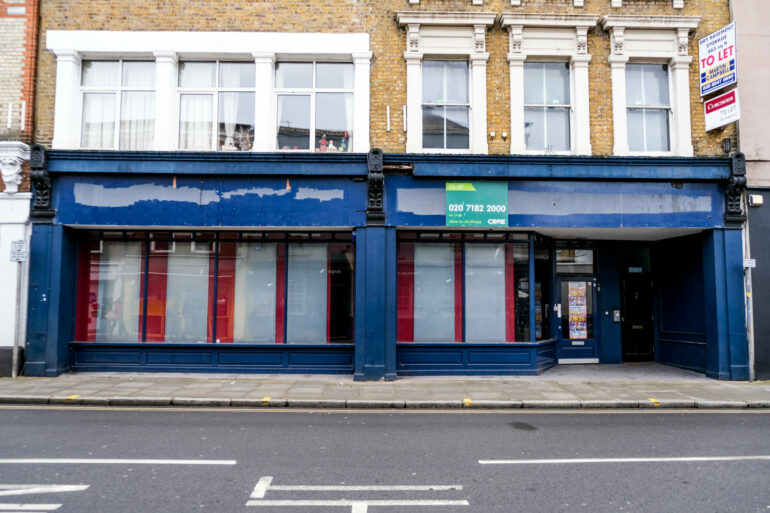The amount of money invested in UK commercial property has fallen across all sectors with the biggest decline coming in the industrial sector, according to market analysis by the debt advisory specialists, Sirius Property Finance.
Sirius has analysed commercial property investment over the past six months, and compared it directly to investment over the six preceding months to understand current trends in one of the economy’s most vital cogs.
The research finds that in terms of money invested, the biggest decline has been seen in the industrial sector, falling by -55%. In the last six months, £2.9bn has been invested, down from £6.9bn in the six months before that.
Office space investment has declined by -55% in the past six months, driven by a -63% drop in investment outside of central London. Despite this, office space is still receiving the highest amount of total investment at £3.8bn.
Meanwhile, retail & leisure has declined by -45%, with this decline being driven by a drop of -75% coming in shopping centre investment, followed closely by a -74% drop in leisure investment.
In terms of the number of transactions, offices have seen the sharpest decline, falling by -44%, driven by a -64% drop in central London.
Retail & leisure transactions have fallen by -40% with shop units enduring the most severe drop of -47%. Meanwhile, industrial transactions have fallen by -35%.
The average amount of money invested via each transaction has also fallen across the board. The biggest drop has come from the industrial sector, falling -35% from £22m to £14.3m.
The average investment made into office space has reduced by -19%.
For retail & leisure the decline is -8%. This, however, is only saved from being a more dramatic drop by a remarkable 194% increase in the average transaction amount put into shop units which has risen from £5.4m to £15.9m in the last six months.
Kimberley Gates, head of corporate partnerships at Sirius Property Finance, said: “It has been a difficult six months for the commercial sector.
“It has been struggling since the start of the pandemic and the subsequent retreat from town and city centres, but now that additional economic uncertainty has been placed on top, the situation has worsened.”
Gates added: “Looking forward, the commercial sector’s recovery is going to be dependent on taking a more contemporary approach to space. While industrial units are likely to return to strength due to the immovable presence of e-commerce, retail and offices need to adapt to modern sensibilities.
“Mixed-use space is important – living, working, and playing in one multifaceted building, for example – but so too is a more experiential approach to physical retail, providing shoppers with something more than online retail can provide.
“We’ve seen how successful this can be with Barnes & Noble in America, and beauty brand Sephora across mainland Europe.”




